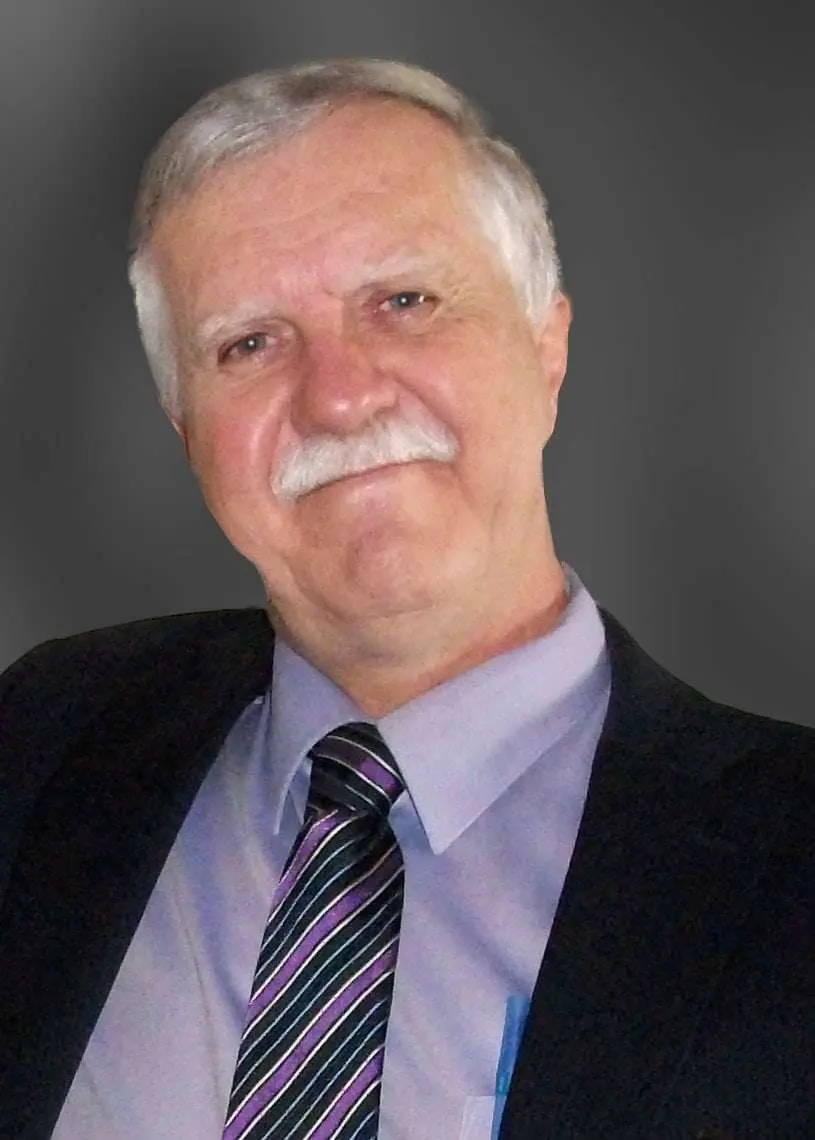There are various similarities with the France of the late 1700’s and the day we live in. One of these was the financial disparity that existed between the privileged few (1%) and the majority of the people. The “Dragon’s Den” of the 1700’s saw the wealthy who controlled much of the economic system pushing prices higher in their quest for more money and more profit. The spending of government escalated as it laid a stifling tax burden upon its people. With spending out of control the prices of even the basic staples of life were driving the majority into deeper poverty. This disparity was a powder keg that when it hit critical mass exploded into a revolution that overthrew the aristocracy and created a republic.
Economic disparity has existed in every culture with similar results. Revolutions have danced to noble sentiments of seeking “to right the injustices” only to be seduced by the entrappings of unbridled wealth and greed.
One would think that even in the world of the Bible this would not exist but alas, not the case. King Rehoboam was asked to reduce the tax burden because it was a heavy yoke (burden) upon the people. The elders suggested tax relief but his counselors rejected the idea. The result was that the nation was divided between Judah in the south and Israel in the north.
If any of us think we are immune to the seduction of wealth we have probably already been tempted by the allurements of what it can offer to us. So how can we keep sound wisdom and proper perspective.
James seeks to address this disparity in his writing. The economic culture was similar to ours with its structure of the very wealthy, the wealthy, the middle class and the poor. The influx of immigrants into the main cities caused those cities to balloon with especially the poor as they sought to eke out a living and a better life for themselves and their families. Yet opportunities seldom came knocking and many found themselves unable to break free from this cycle of poverty. For many their dreams became crushed in the vises of harsh reality. Despair and even anger gripped the hearts of people.
I am sure that as King Louis XVI and Marie Antoinette of France or even King George IV in England, being in and out of sanity and boys out of moral control, paraded the streets of their respective countries in their gilded coaches, people would externally shout their praises but internally long to either trade places or place their heads on the scaffolds.
Yet James reminds his readers of these things as he too moves among similar crowds of people.
He reminds them that to be poor in wealth is not always a bad thing. He says two things about them. First he calls them “brothers”. Their standing in the kingdom of God does not depend on position, wealth or intellect. It does depend on their relationship with Jesus Christ and their positioning with others who walk in that same relationship. The French spoke of liberty, equality and fraternity. Liberty because of personal freedom to choose. Equality because there is no caste system but all are of one family. Fraternity because France belonged to the people and not the elite. James reminds them that they are of one family, regardless of social standing. The Kingdom belongs to all who are followers of the Christ.
Secondly he says the poor should rejoice in their exalted position. They may seem “less than” by the world’s standards but not so with God. He examines the heart, not the pocket book. He builds character, not bank statements.
James chooses a different lesson for the wealthy than the apostle Paul did. For Paul it wasn’t really having wealth where the difficult lay but the love of money that caused people to lose all sense of sanity and neglect the more noble things of life. Yet Paul and James do intersect in this key point. Paul tells his readers not to put their “trust in uncertain riches but in the living God (1 Tim.6:17). James tells his readers that just as the flowers in the fields may look beautiful for the moment yet in the heat of the sun they shrivel and fall away. Wealth is not eternal, riches are not forever. The passage of time is the great equalizer for all mankind.
Solomon had it all: wealth, power and beauty all around him. Yet even he will leaves his readers with this thought.
” How much better is it to get wisdom than gold! And to get understanding is to be chosen rather than silver” (Proverbs 16:16)
Blessings!


0 Comments